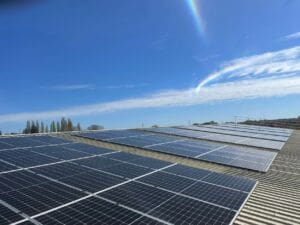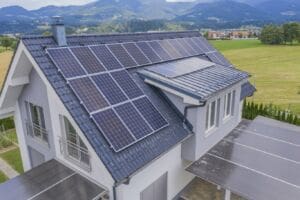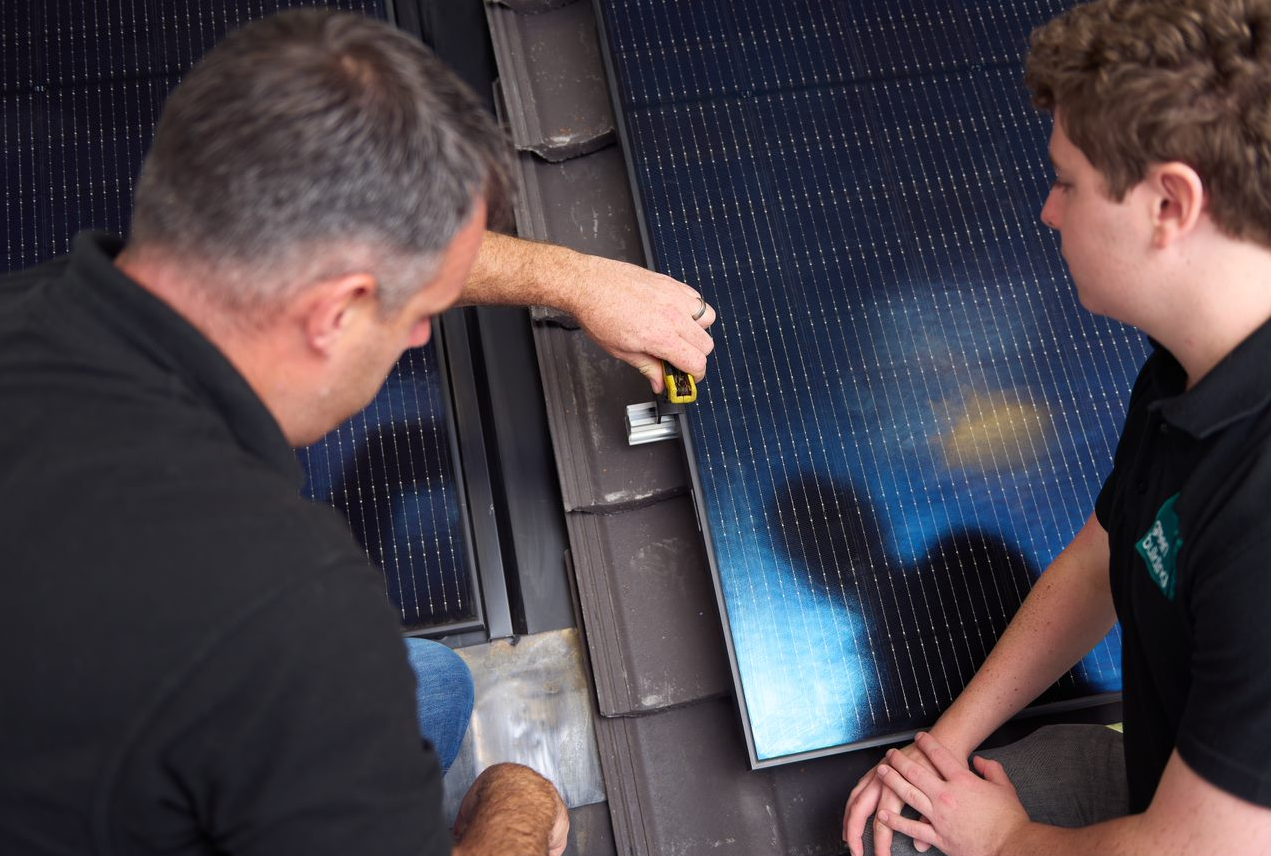Solar Panel Calculator
Welcome to our Solar Calculator. This tool has one simple aim, to make it quick and easy for you to understand whether your home is suitable for a solar panel installation and how much it could cost.
With just a few questions and some clever computer wizardry, the solar calculator will let you know your homes suitability, estimate the size of solar PV system it could fit, and calculate the approximate cost for the renewable technology that could transform your home and save you money.
We hope our solar calculator is easy to use and understand, however, there maybe a few terms you might be less familiar with, so we hope the glossary below helps you understand the information the calculator provides you. And if you know what the terms mean, then just like the team at Green Building Renewables, maybe you’re a renewable energy expert in the making.
Remember, if you complete your calculation and choose Green Building Renewables, you will receive a discount worth £100 off your solar panel installation.
Solar Panel Calculator Glossary
Annual Savings
Annual savings for solar panel systems are the financial benefits gained from generating electricity through solar energy, instead of relying solely on grid-supplied electricity. These savings are typically calculated by comparing the cost of electricity that would have been purchased from the grid without solar panels, to the cost of electricity generated by the solar panels.


Estimated Costs
Estimated costs for a solar panel system are the projected expenses associated with the purchase, installation, and commissioning of one of our solar energy systems. These costs are dependent on several factors, including the size of the system, the labour required and the material costs of the equipment.
kWh
kWh stands for kilowatt-hour, which is a unit of measurement used to quantify electrical energy. For example, a kettle uses around 0.11kWh to boil 1 litre of water and a washing machine uses on average 0.793kWh per cycle. When referring to solar panels, kWh is used to measure the amount of electricity generated by the solar panel system over a given period.


Payback Period
Payback time refers to the length of time it takes for the savings generated by your solar panel system to equal or surpass the initial cost of installing the system. It represents the point at which the cumulative energy savings offset the upfront expenses associated with purchasing, installing, and maintaining the solar panels.
System Size
The capacity of the solar panel system. System size is determined by the number of solar panels installed and their individual power rating. The power rating of a solar panel is typically measured in watts (W) or kilowatts (kW), and the total power output of the solar panel system is calculated by adding up the power ratings of all the individual panels.
For example, if a solar panel has a power rating of 370 watts (0.37 kW), and the recommended solar installation consists of 12 panels, the total system size would be 4.44 kilowatts system (12 x 0.37)
The system size is an important factor when designing a solar installation as it determines the potential energy output of the system. It influences the amount of electricity that can be generated and, consequently, the energy cost savings and environmental benefits associated with the solar panel system.


